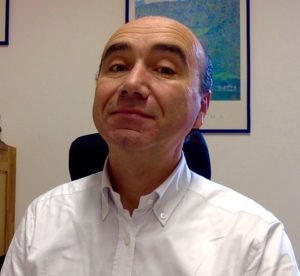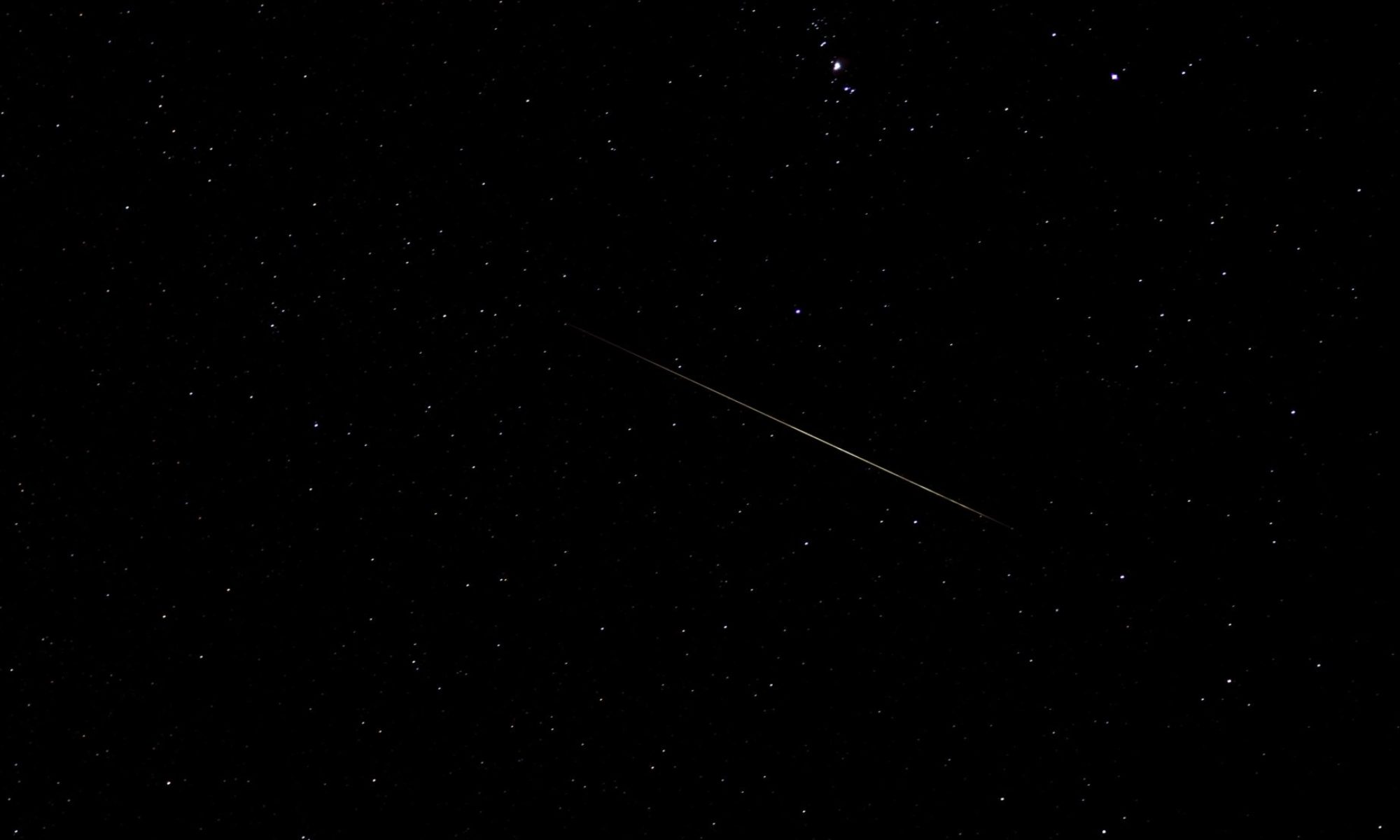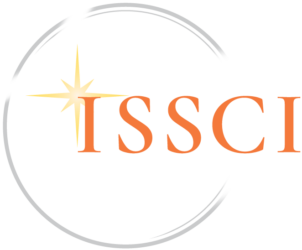
Giovanni Emanuele Corazza is a Full Professor at the Alma Mater Studiorum University of Bologna, founder of the Marconi Institute for Creativity (MIC), Member of the Board of the International Society for the Study of Creativity and Innovation (ISSCI), Core Faculty Member of the Bologna Business School (BBS), and Fellow of the Asia-Pacific Artificial Intelligence Association (AAIA). He holds a PhD in Telecommunications and Microelectronics from the University of Rome Tor Vergata, and a PhD in Psychology from the Université Paris Cité. His research interests are focused on the development of the Dynamic Creativity Framework based on the Dynamic Definition of Creativity. He was President of the Fondazione Guglielmo Marconi in the years 2019-2023, President of the CINECA consortium for supercomputing in the years 2017-2019, Head of the Department of Electronics, Computer Science and Systems (DEIS) in the years 2009-2012, Member of the Partnership Board of the 5G Infrastructure Association in the years 2013-2018, Member of the Board of Directors of the University of Bologna in the years 2012-2018, Chairman of the School for Telecommunications in the years 2000-2003, Chairman of the Advanced Satellite Mobile Systems Task Force (ASMS TF), Founder and Chairman of the Integral Satcom Initiative (ISI), a European Technology Platform devoted to Satellite
Communications
https://it.linkedin.com/in/giovannicorazza
https://www.youtube.com/watch?v=bEusrD8g-dM
Selected Publications
Corazza G.E. (2016). Potential originality and effectiveness: The dynamic definition of creativity, Creativity Research Journal, 26, 258-267.
Corazza, G. E. (2018). The Dynamic Universal Creativity Process. In R. Beghetto, & G. E. Corazza (Eds.), Dynamic Perspectives on Creativity: New Directions for Theory, Research, and Practice in Education. New York, NY: Springer.
Beghetto, R. A., & Corazza G.E., Eds. (2019). Dynamic Perspectives on Creativity: New Directions for Theory, Research, and Practice in Education. New York, NY: Springer.
Corazza G.E. (2020) Alfred North Whitehead. In: Glăveanu V. (eds) The Palgrave Encyclopedia of the Possible.Palgrave Macmillan, Cham.
Corazza, G.E., 2020. Dynamic Creative Process.In: Runco, M., Pritzker, S. (Eds.), Encyclopedia of Creativity, 3rd edition, vol. 1. Elsevier, Academic Press, pp. 400–405.
Corazza, G.E., & de Saint-Laurent, C., 2020. Regional Creativity: Research Publications by Region.In: Runco, M., Pritzker, S. (Eds.), Encyclopedia of Creativity, 3rd edition, vol. 2. Elsevier, Academic Press, pp. 423–428.
Corazza G. E., & Agnoli (2020). Personality: Openness.In Runco, M. A., & Pritzker, S. R. (Eds.). (2020). Encyclopedia of creativity, 3rd edition, vol. 2. Elsevier, Academic Press, pp. 338–344.
Corazza, G.E. (2019). Life in the Cyber-Physical Society: the Need for Organic Creativity. In I. Lebuda & V.P. Glaveanu (Eds.), The Palgrave Handbook of Social Creativity Research. London, UK: Palgrave Macmillan.
Corazza G.E., Agnoli S., (2018). The creative process in science and engineering. In T. Lubart (Ed.), The Creative Process: Perspectives from multiple domains. London, UK: Palgrave Macmillan.
Corazza G.E. (2017). Organic creativity for well-being in the post-information society. Europe’s Journal Of Psychology, 13, 599-605.
Corazza G.E., & Agnoli S., Eds. (2015). Multidisciplinary Contributions to the ScienceofCreative Thinking. Singapore: Springer.
Agnoli, S., Zanon, M., Mastria, S., Avenanti, A., & Corazza, G. E. (2020). Predicting response originality through brain activity: An analysis of changes in EEG alpha power during the generation of alternative ideas.NeuroImage, 207,
Glaveanu, V. P., Hanchett Hanson, M., Baer, J., Barbot, B., Clapp, E. P., Corazza, G. E., … & Montuori, A. (2019). Advancing Creativity Theory and Research: A Socio‐cultural Manifesto.The Journal of Creative Behavior.
Agnoli, S., Mastria, S., Kirsch, C., & Corazza, G. E. (2019). Creativity in the advertisement domain: The mediating role of experience on creative achievement. Frontiers in Psychology, 10:1899. doi: 10.3389/fpsyg.2019.01899
Mastria, S., Agnoli, S., & Corazza, G. E. (2019). How does emotion influence the evaluation of creative ideas? Plos One14(7): e0219298.
Agnoli, S., Franchin, L., Rubaltelli, E., & Corazza, G. E. (2019). The emotionally intelligent use of attention and affective arousal under creative frustration and creative success.Personality and Individual Differences, 142, 242-248.
Agnoli, S., Runco, M. A., Kirsch, C., & Corazza, G. E. (2018). The role of motivation in the prediction of creative achievement inside and outside of school environment.Thinking Skills and Creativity, 28, 167-176. https://doi.org/10.1016/j.tsc.2018.05.005
Agnoli, S., Zanon, M., Mastria, S., Avenanti, A., & Corazza, G. E. (2018). Enhancing creative cognition with a rapid right-parietal neurofeedback procedurNeuropsychologia, 118, 99-106.
Agnoli, S., Vannucci, M., Pelagatti, C. & Corazza, G.E. (2018). Exploring the Link Between Mind Wandering, Mindfulness, and Creativity: A Multidimensional Approach.Creativity Research Journal, 30(1), 41-53.
Agnoli S., Corazza G.E., & Runco M. (2016). Estimating Creativity with a Multiple-Measurement Approach Within Scientific and Artistic Domains, Creativity Research Journal, 28(2), 171-176.
Agnoli S., Franchin L., Rubaltelli E., & Corazza G.E. (2015). An Eye-Tracking Analysis of Irrelevance Processing as Moderator of Openness and Creative Performance,Creativity Research Journal, 27, 125-132.
Corazza G.E., Agnoli S., & Martello S. (2014). Counterpoint as a principle of creativity: Extracting divergent modifiers from ‘The Art of Fugue’ by Johann Sebastian Bach, Musica Docta, 4, 93-105.
- Corazza G.E. (2016). Potential originality and effectiveness: The dynamic definition of creativity, Creativity Research Journal, 26, 258-267.
- Corazza, G. E. (2025). The Cyber-Creativity Process: How Humans Co-Create with Artificial Intelligence. Springer.
- Corazza, G.E., Agnoli, S. (2022). Creative Process: The DA VINCI Model. In Lubart, T. et al. (Eds.), Homo Creativus: The 7 C’s of human creativity. Springer.
- Corazza G.E. & Von Thienen, J. P. A. (2021). Invention. In Glăveanu V.P. (eds), The Palgrave Encyclopedia of the Possible. Palgrave Macmillan, Cham. https://doi.org/10.1007/978-3-319-98390-5_14-1
- Corazza G. E., & Agnoli (2020). Personality: Openness. In Runco, M. A., & Pritzker, S. R. (Eds.). (2020). Encyclopedia of creativity, 3rd edition, vol. 2. Elsevier, Academic Press, pp. 338–344.
- Corazza, G. E. (2018). The Dynamic Universal Creativity Process. In R. Beghetto, & G. E. Corazza (Eds.), Dynamic Perspectives on Creativity: New Directions for Theory, Research, and Practice in Education. New York, NY: Springer.
- von Thienen, J., Meinel, C, & Corazza G.E. (2017). A short theory of failure. Electronic Colloquium on Design Thinking Research, 17, 1-5.
- Corazza, G. E., Reiter-Palmon, R., Beghetto, R., & Lubart, T. (2021). Intelligence and Creativity in the Space-Time Continuum for Education, Business, and Development. Journal of Creativity, 100003. https://doi.org/10.1016/j.yjoc.2021.100003
- Corazza, G. E., and Lubart, T. (2021). Intelligence and Creativity: Mapping Constructs on the Space-Time Continuum. Journal of Intelligence 9: 1. https://doi.org/10.3390/ jintelligence9010001
- Corazza, G. E., & Glaveanu, V. P. (2020). Potential in Creativity: Individual, Social, Material Perspectives, and a Dynamic Integrative Framework. Creativity Research Journal, 81-91.

